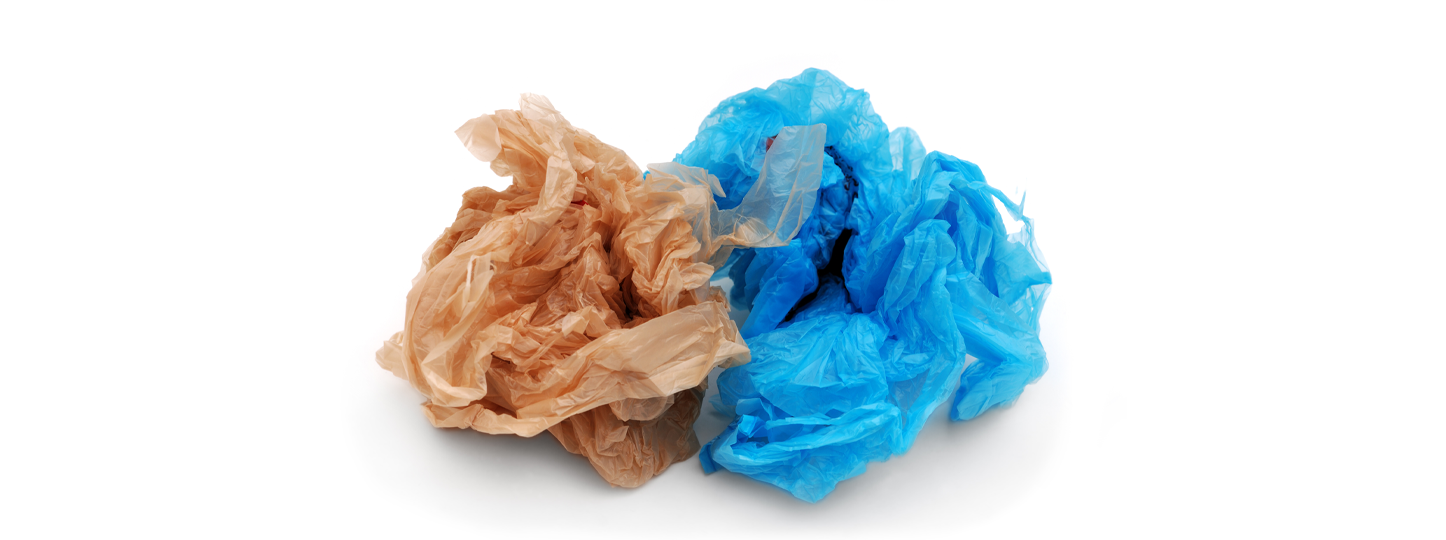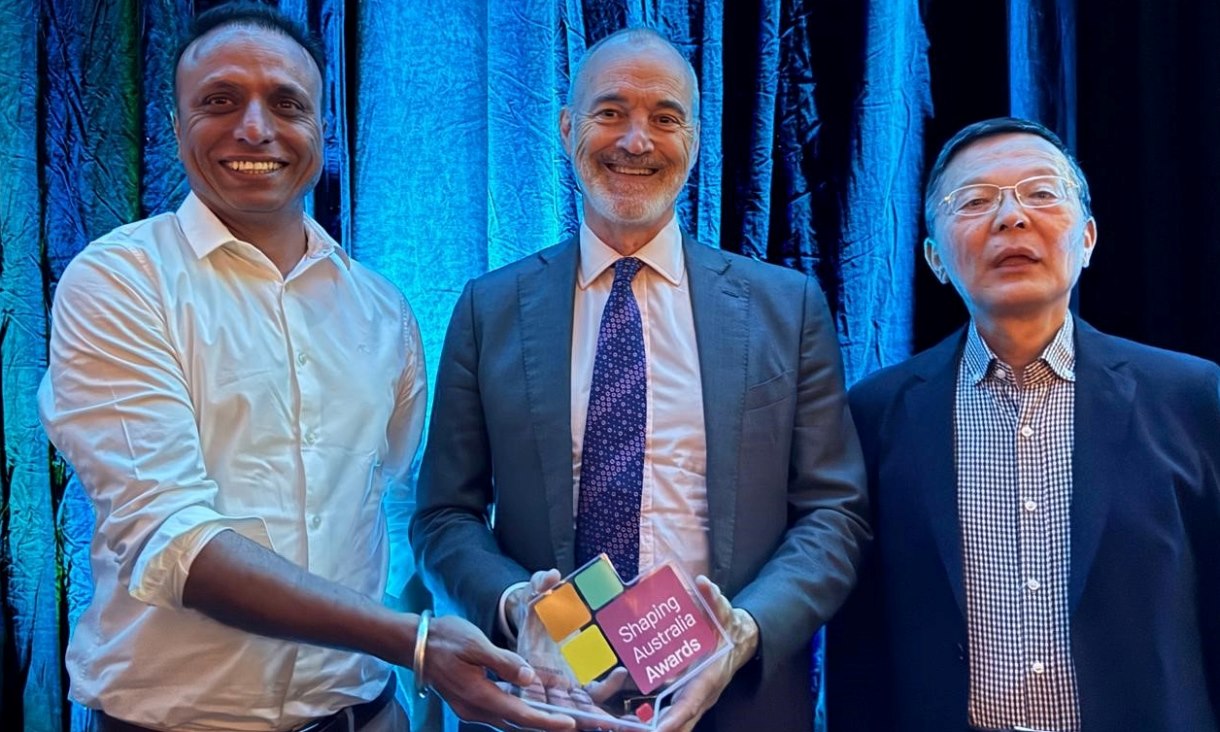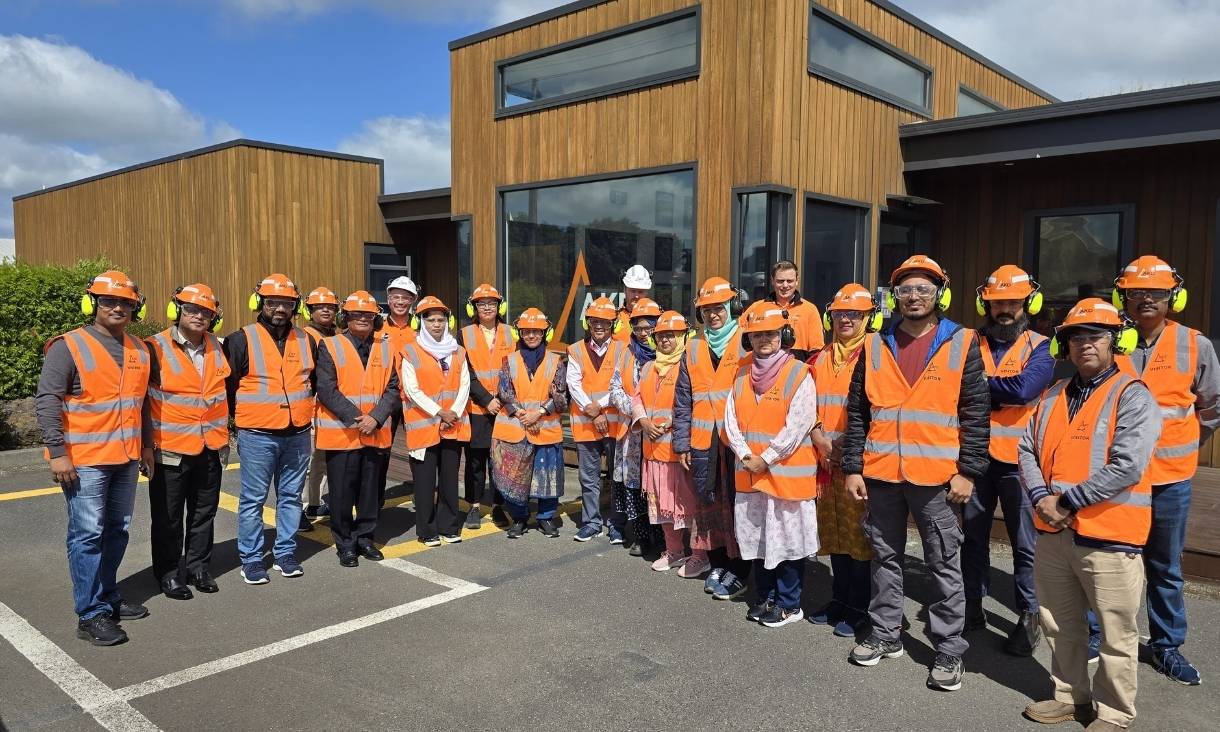Coffee concrete wins national research award
RMIT University’s coffee concrete innovators have won an award at Universities Australia’s Shaping Australia Awards in the Problem Solver category, after tallying the most votes from the public.
Housing policies leaving vulnerable Australians exposed to natural disasters
A coalition of urban planning experts has called for natural disaster resilience and recovery to be embedded into housing planning policies.
Coffee concrete shortlisted for national research impact award
Universities Australia has shortlisted RMIT University’s coffee concrete innovators for the Shaping Australia Awards in the Problem Solver category.
RMIT researchers help build climate-resilient housing in rural Bangladesh
Researchers from RMIT have partnered with the Palli Karma Sahayak Foundation (PKSF) in Bangladesh to build 40 sustainable and resilient housing solutions for vulnerable rural communities.









